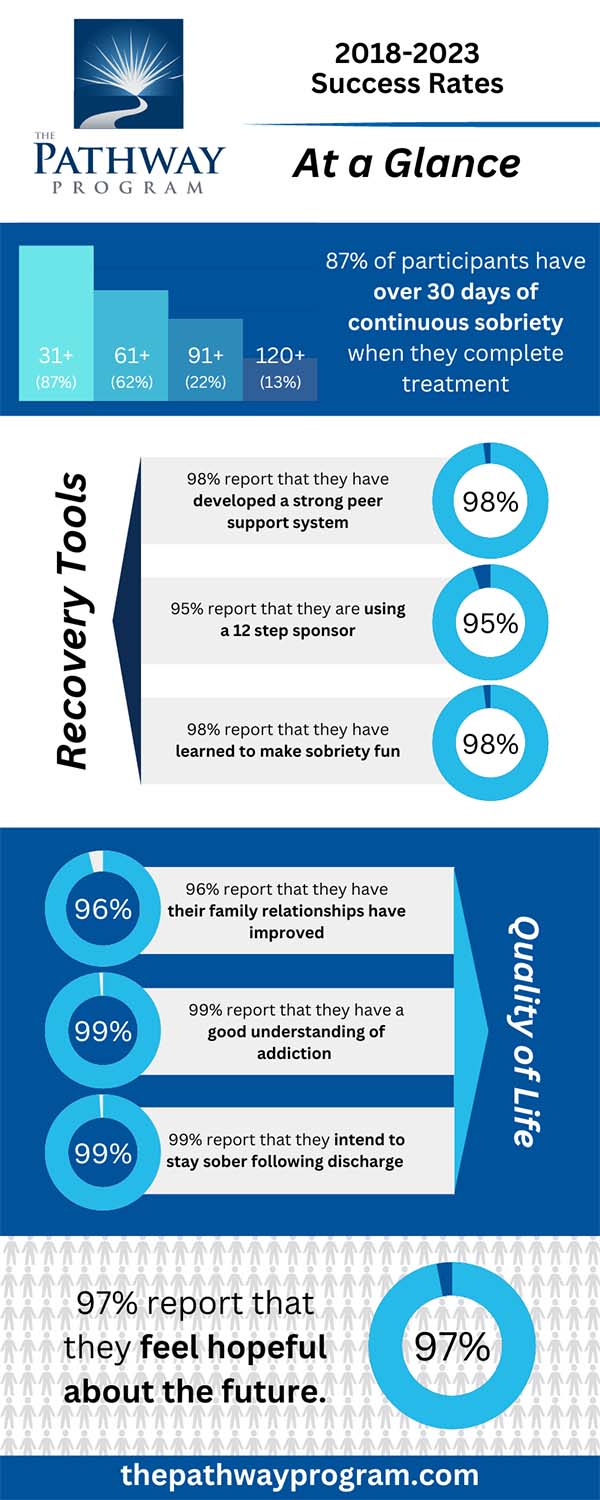Substance Abuse Rehabilitation: Pathways to Recovery and Recuperation
Substance Abuse rehab plays a vital role in helping people get over the struggles of addiction and restore their lives. Whether a person is fighting alcohol dependence, drug dependency, or prescription misuse, rehabilitation centers give an organized atmosphere for healing-- physically, psychologically, and mentally. In today's world, where the challenges of addiction are extensive, recognizing what rehab requires, its significance, and the sorts of solutions readily available can make a significant distinction in one's journey to recovery.
Understanding Substance Abuse and the Demand for Rehab
Drug abuse influences countless people worldwide, crossing age, gender, and socioeconomic lines. It is a complicated problem characterized by the compulsive usage of dangerous materials despite negative effects. Medications and alcohol can modify mind chemistry, bring about physical dependancy and mental illness. In time, addiction takes control of a person's capability, habits, and judgment to work generally in culture. Many people who come under this cycle frequently find it hard to give up without expert aid.
Rehab comes to be essential because dependency is not just an absence of determination-- it's an illness that influences the mind and body. Rehabilitation centers provide evidence-based therapies that target the root creates important Abuse rather than simply the signs and symptoms. These programs offer structured settings that urge healing with clinical cleansing, therapy, and skill-building. The best objective is to aid individuals develop coping mechanisms and lead drug-free, productive lives.
The demand for rehabilitation commonly emerges when an individual can no more handle everyday responsibilities or keep relationships due to Substance usage. Family disputes, job efficiency problems, or health difficulties are typically the very first signs that expert aid is required. By looking for treatment early, people can stop lasting damage to their physical health and emotional health.
The Significance of Substance Abuse Rehab
Rehabilitation is not just about giving up drugs or alcohol-- it's regarding makeover. The importance of rehab lies in its all natural method to recovery, concentrating on the individual in its entirety as opposed to simply the dependency. Numerous people get in rehab at their floor, often really feeling hopeless and isolated. The structured atmosphere of a rehabilitation facility gives them with the devices and support to rediscover purpose and self-regard.

Among the vital advantages of rehabilitation is the medical guidance offered throughout cleansing. Withdrawal signs can be intense and, sometimes, lethal. Professionals keep track of the process, guaranteeing safety and security and convenience while lowering the dangers of regression. Beyond physical recovery, rehab additionally attends to the psychological facets of addiction through therapy and therapy. Cognitive-behavioral therapy (CBT), inspirational interviewing, and team sessions assist people understand their triggers and discover healthy and balanced coping systems.
Additionally, rehabilitation uses long-term benefits that expand beyond the individual. Households restore security, connections are mended, and neighborhoods profit when individuals rehabilitate as healthy, contributing members. Chemical abuse not just hurts the person entailed however additionally impacts loved ones. Rehabilitation helps damage this cycle, promoting healthier settings for everyone included. Essentially, rehabilitation is an investment in life, health, and the future.
Services Offered in Substance Abuse Rehab Centers
Recovery centers use a vast array of services customized to the special needs of each person. The objective is to produce a tailored therapy plan that attends to physical, emotional, and social aspects of recuperation. The initial phase of most programs is clinical detoxing, where the body is cleansed of harmful substances under professional supervision. Detox assists take care of withdrawal symptoms safely, leading the way for additional restorative treatments.
Complying with detox, people normally move into treatment and counseling sessions, which form the core of dependency therapy. Specific treatment allows clients to function individually with accredited therapists to reveal underlying problems, such as trauma or psychological health and wellness problems that might have added to addiction. Team therapy, on the other hand, promotes peer support and responsibility. Sharing experiences with others who have faced comparable battles helps people really feel comprehended and motivated.

Sorts Of Rehab Programs Available
Not all rehab programs coincide. Depending upon the extent of addiction, personal choices, and life circumstances, individuals can select from numerous kinds of recovery programs. The most typical are inpatient, outpatient, and household treatment programs. Each deals unique advantages designed to satisfy various degrees of treatment.
Inpatient rehab programs require people to remain at the treatment center full-time, usually for 30, 60, or 90 days. This environment offers round-the-clock medical and emotional support, getting rid of interruptions and lures from daily life. Inpatient treatment is ideal for those with extreme addictions or co-occurring psychological health conditions, as it guarantees extensive supervision and intensive treatment.
Outpatient rehab programs offer more versatility for individuals that can not dedicate to permanent therapy. Participants attend treatment sessions numerous times a week while remaining to live in the house or preserve job responsibilities. Outpatient care is view it ideal suited for those Homepage with mild to modest addictions or for those transitioning from inpatient therapy. It allows people to use coping methods in real-world setups while still receiving expert advice.
There are also specialized rehab programs that provide to specific groups, such as adolescents, women, or veterans. Some centers include faith-based methods, while others concentrate on all natural healing that incorporates physical health and mindfulness methods (addiction treatment). Furthermore, high-end rehab centers offer high-end facilities and private holiday accommodations for those looking for convenience alongside treatment. No matter kind, the main goal remains the exact same-- to lead people towards sustained recuperation
Common Factors Individuals Need Rehab
Addiction does not happen overnight, neither does it have a solitary reason. People look for rehab for various reasons, usually linked to both ecological and individual elements. One of one of the most typical reasons is chronic stress and anxiety and injury. Individuals that have actually experienced physical or psychological trauma frequently turn to materials as a coping mechanism. With time, this actions ends up being habitual, bring about reliance. Rehab aids these individuals process unsolved discomfort with treatment and emotional assistance.
An additional substantial reason is psychological wellness conditions, such as anxiety, anxiety, or bipolar illness. When mental disease goes unattended, individuals might self-medicate using medications or alcohol to escape their psychological distress. This dual-diagnosis situation calls for specialized therapy that attends to both addiction and mental health and wellness simultaneously. Rehabilitation centers outfitted with psychological care can aid support these problems with medication management and treatment.
Social pressure and environmental influence likewise play a significant duty basically Abuse. Peer pressure, household disorder, or direct exposure to addicting substances from a young age can make individuals much more at risk to dependency. For some, dependency begins innocently-- with prescription medication following an injury or surgery-- yet rises right into abuse. Rehabilitation uses a safe This Site and structured course to damage without these cycles. It empowers individuals to recognize triggers, build healthier practices, and re-establish control over their lives.
The Journey of Recovery and Life After Rehab
Recovery doesn't end the day an individual completes a rehabilitation program-- it's a long-lasting process of growth and self-discovery. Life after rehab includes obstacles, yet likewise chances for revival. Numerous individuals describe it as a "2nd opportunity" to cope with thankfulness, clarity, and purpose. The lessons found out throughout therapy, such as self-discipline, psychological understanding, and strength, end up being the foundation for a fulfilling life devoid of addiction.
After leaving rehab, individuals are encouraged to participate in aftercare programs and assistance networks. Regular attendance in team meetings or treatment sessions assists maintain liability and stops relapse. Sober living settings can also provide transitional real estate for those who require additional structure before totally reintegrating right into culture - addiction treatment. Preserving a solid support system of household, friends, and peers is essential for long-term success
Recovery opens the door to individual growth. Lots of people pursue education and learning, new occupations, or volunteer job as component of their healing trip. They learn to handle stress and anxiety via healthy and balanced electrical outlets such as exercise, meditation, or imaginative pastimes. While regressions can take place, they are seen not as failures yet as opportunities to enhance one's dedication to soberness. Eventually, Substance Abuse rehab functions as the structure for a life of equilibrium, purpose, and flexibility.

Final Thought: Picking Hope and Healing
Drug abuse rehab represents greater than a therapy-- it signifies hope. It is a bridge between anguish and revival, providing people the opportunity to reclaim their lives from addiction's grasp. Through professional treatment, structured treatment, and compassionate support, people can discover their strength and function. Recognizing the solutions used, the kinds of rehab available, the relevance of recovery, and the reasons people need it supplies clarity for those looking for aid or supporting loved ones on their journey.
Picking rehab is not an indication of weak point yet of courage-- the nerve to confront pain, rebuild identity, and welcome a brighter future. Recovery is possible, and with the best support, every action toward healing brings a person better to lasting flexibility and tranquility.
Substance Abuse rehab plays a crucial function in assisting individuals overcome the struggles of addiction and rebuild their lives. The need for rehabilitation frequently occurs when an individual can no longer manage day-to-day obligations or keep partnerships due to Substance use. Inpatient rehab programs need people to remain at the therapy center full time, normally for 30, 60, or 90 days. Outpatient rehabilitation programs use even more versatility for people that can not devote to permanent treatment. After leaving rehab, people are motivated to take part in aftercare programs and support networks.